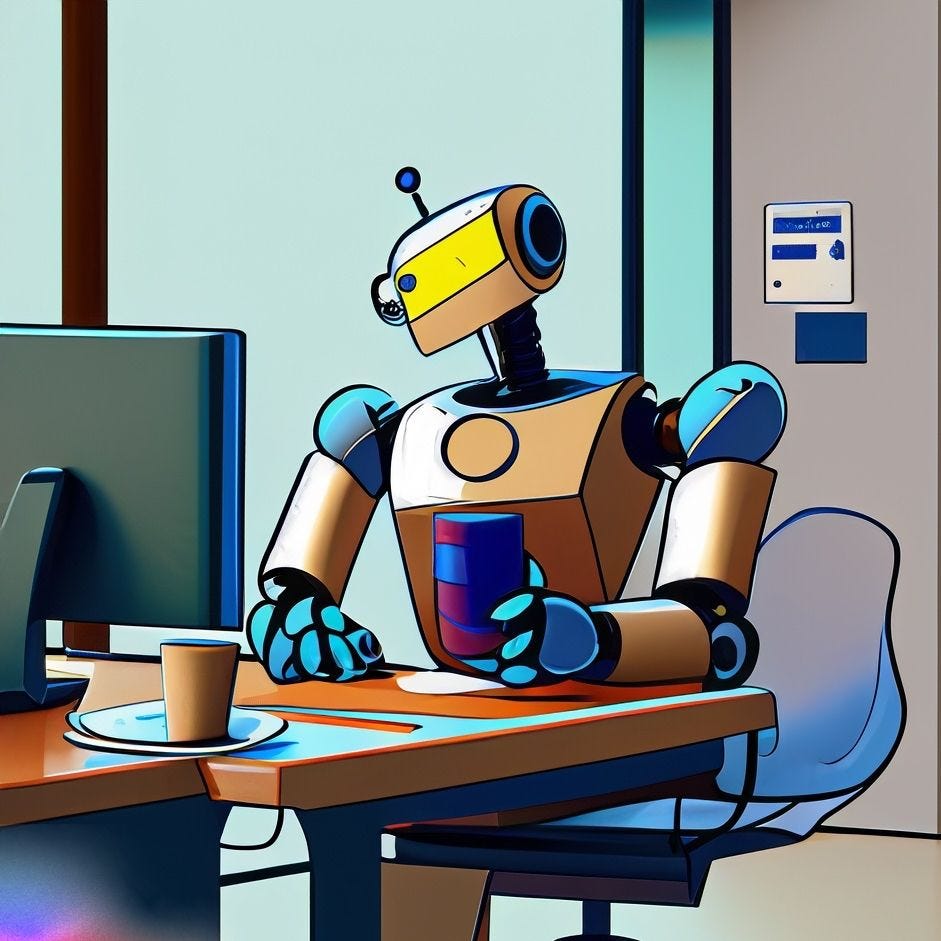The Future of Jobs in an AI-Dominated World
While AI will undoubtedly reshape the job landscape, it also allows us to reimagine work in the 21st century.
The rapid acceleration of Artificial Intelligence (AI) has sparked a global conversation about the future of work. As AI permeates various industries, concerns about job losses and massive displacement of workers have emerged. However, historical and technological shifts teach us that innovation often leads to the creation of new job opportunities. While AI will undoubtedly reshape the job landscape, it also allows us to reimagine work in the 21st century.
1. AI and Job Displacement: A Closer Look
Undoubtedly, AI and automation will disrupt specific sectors, particularly those involving repetitive tasks. For instance, a study by Oxford Economics predicts that up to 20 million manufacturing jobs worldwide could be automated by 2030. Roles in transportation, logistics, and customer service are also susceptible to AI automation.
However, it's essential to note that AI will displace some jobs and create new ones. As per the World Economic Forum, by 2025, the time spent on current tasks at work by humans and machines will be equal. Gartner predicts that AI will create 2.3 million jobs by 2025 while eliminating 1.8 million.
2. The Emergence of New Roles
As AI becomes more integrated into our daily lives, we will see the rise of new roles and professions. Consider the booming AI ethics field, with functions such as AI ethicist and fairness officer emerging to ensure AI applications respect privacy and fairness principles. Cybersecurity is another domain where demand will increase due to AI's growing influence.
Additionally, AI will require human input, oversight, and management. Roles like AI trainer, who help machine learning models understand and learn from data, or an AI explainability specialist, who interpret the decision-making process of AI systems, will become increasingly significant.
3. Upskilling and Reskilling: The Key to Adapting
To prepare for the AI-dominated job market, upskilling and reskilling become crucial. Organizations and educational institutions must prioritize teaching digital skills, including data literacy, AI programming, and digital project management.
Accenture, for instance, has pledged to reskill 100% of its workforce by 2025 as part of its "Future Workforce" strategy. Similarly, Amazon's $700 million Upskilling 2025 initiative aims to provide training to 100,000 employees for in-demand jobs.
4. The Human Edge in an AI-Dominated World
While AI offers many capabilities, specific skills are uniquely human. The ability to innovate, critical thinking, emotional intelligence, and leadership are areas where humans outperform machines. A report by LinkedIn found that the most in-demand skills in 2023 will be creativity, persuasion, collaboration, adaptability, and emotional intelligence.
Conclusion
The future of jobs in an AI-dominated world is not a dystopian landscape of mass unemployment but a world of new opportunities and challenges. By focusing on reskilling, fostering uniquely human skills, and creating new roles for the AI era, we can turn AI-induced disruption into a powerful force for progress.
AI is poised to become a great job creator of our era, albeit in a new form and structure. As we stand on the brink of this AI revolution, we must remember that our capacity for learning, adaptation, and creativity are the greatest assets in shaping the future of work.


